Ghost Bites (Bell Equipment | City Lodge | Metrofile | Sun International | Transaction Capital | Transpaco)
Unlock the Stock: Afrimat and Spear REIT
Afrimat’s track record is spectacular. Spear REIT is a highly respected property fund. On Unlock the Stock, you can learn about both companies.
RCL is far more than just a chicken business
RCL is far more than just a chicken business these days, which isn’t a bad thing.
Bidvest: strong trading profit growth in every division
Bidvest closed 3.8% higher after releasing results for the six months to December 2021.
Liberty Two Degrees: reversions continue to bite
Liberty Two Degrees holds stakes in some of the most iconic properties in the country
Alviva: 20% revenue growth excl. Tarsus
After teasing the market with a trading statement, Alviva has now released all the details of the interim results for the six months ended December 2021.
PSG Group and the Great Value Unlock
This is one of the biggest news stories on the JSE that we’ve seen in a while
JSE Limited: a cash cow in a shrinking field
You may not be aware of this, but the JSE Limited is listed on the JSE. You’re right in thinking that this sounds like the financial version of the movie Inception
Capital Appreciation on the deal train
The company has announced the acquisitions of three technology companies in South Africa and a 20% stake in a company in the Netherlands.
Woolworths won’t miss 2021
as released results for the 26 weeks to 26 December 2021. The share price rallied 6% despite a fair share of negative commentary on Twitter.
Cashbuild’s negative sales momentum continues
Cashbuild released its interim results for the six months ended 26 December 2021

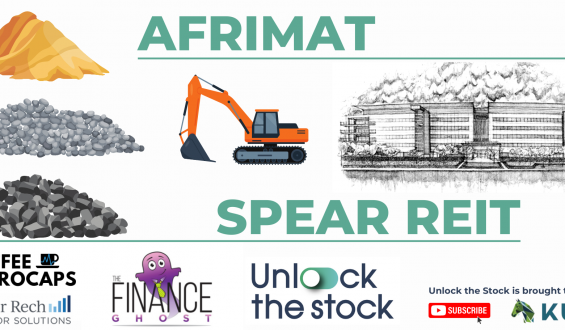
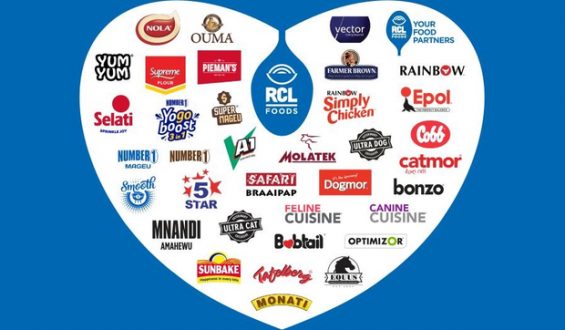
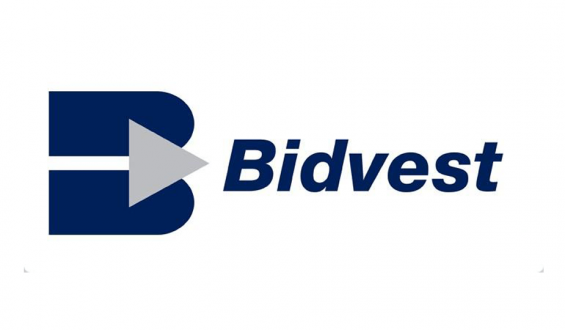
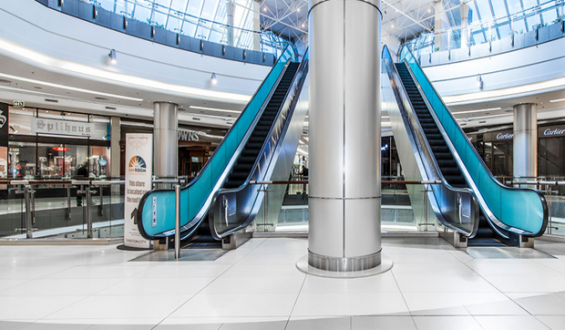
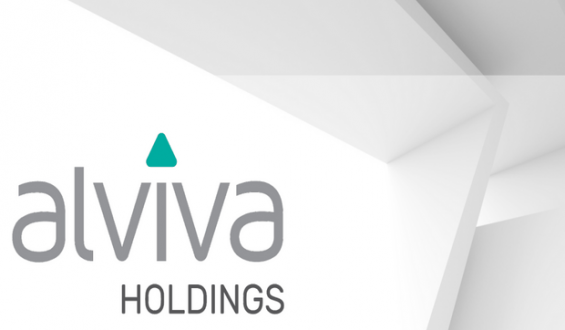
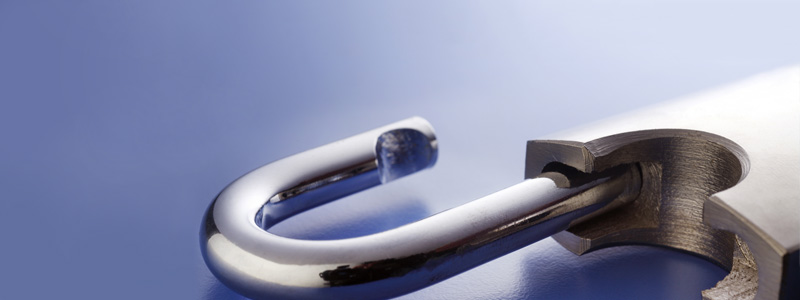
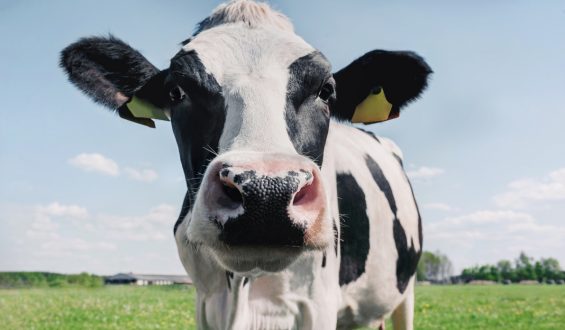

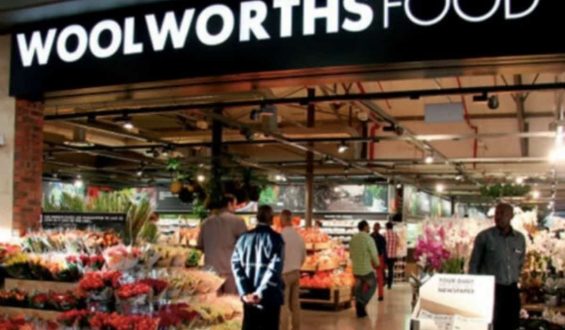
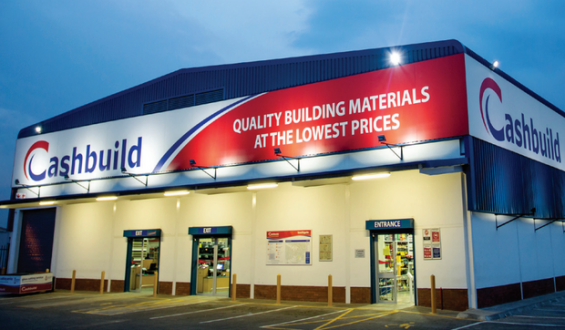
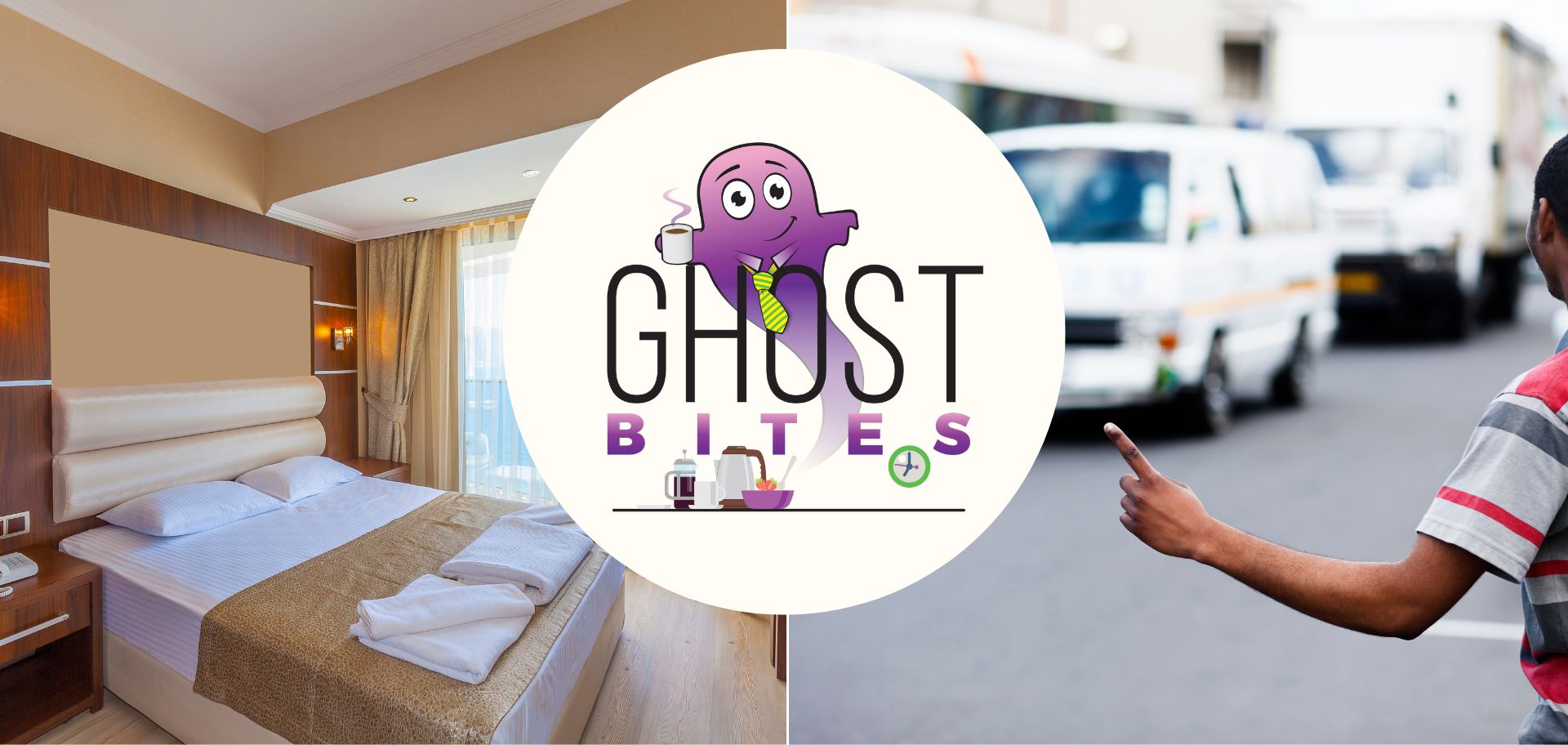




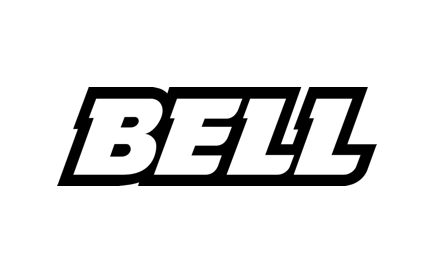
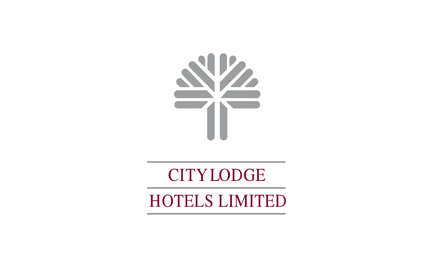
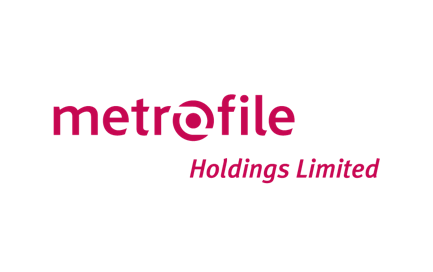
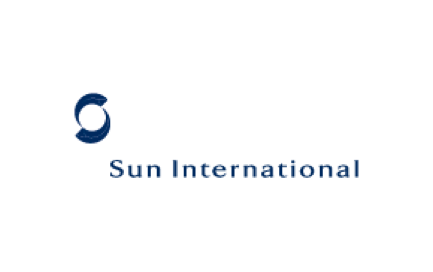
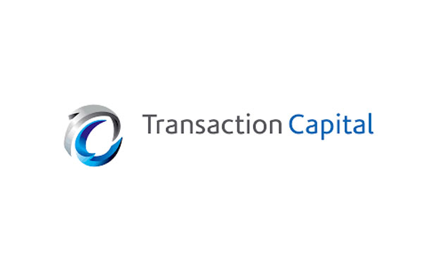
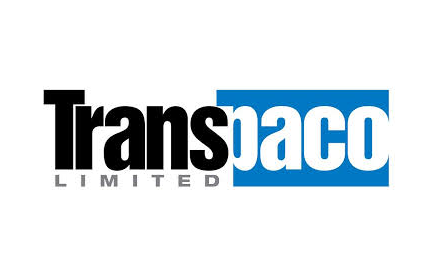

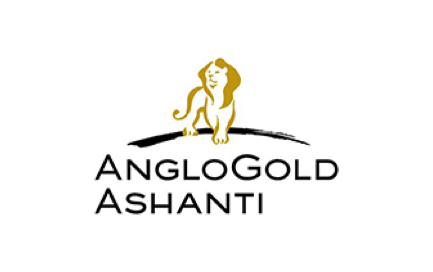
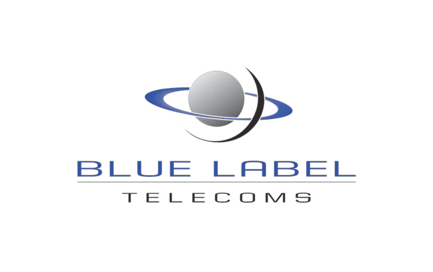
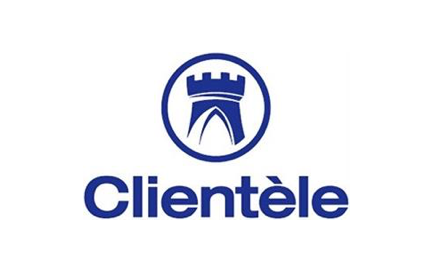
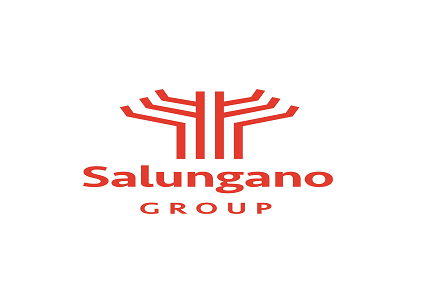
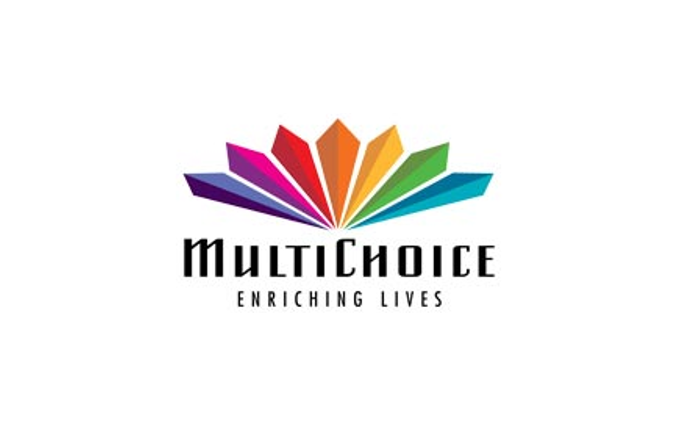
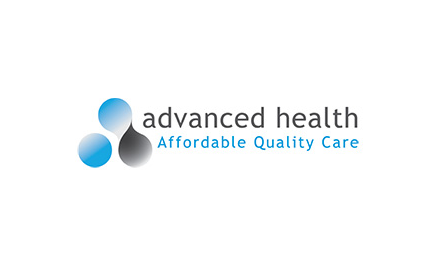
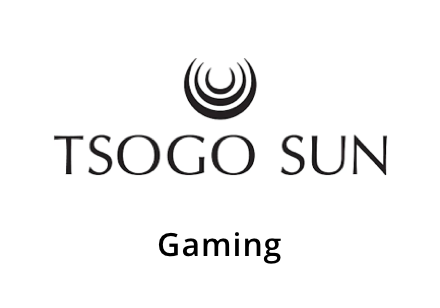

Comments (2)
Farouk
11 Sep 2023Can we please get a comment on Altron
The Finance Ghost
12 Sep 2023Hi Farouk. I comment on the news that comes out each day. No release on SENS by Altron = no comment unfortunately.